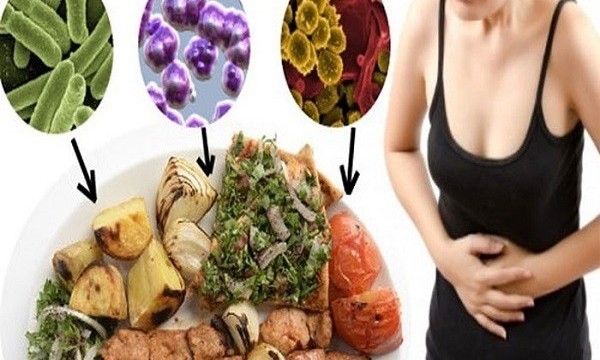
The cause of poisoning can be microorganisms (bacteria, viruses, parasites), bacterial toxins, chemical toxins, natural toxins present in food or spoiled food.
Recognizing food poisoning
In just 3 days, M'Drak commune ( Dak Lak province) recorded 64 suspected cases of food poisoning, most of which were related to a local bakery.
M'Drak Medical Center said that since the evening of July 18, the commune has received a series of patients hospitalized with digestive disorders and acute diarrhea. Notably, many people said they had eaten bread from the same selling point - Ms. T's shop in residential group 7, M'Drak commune. The youngest patient is 3 years old, the oldest is 59 years old, scattered throughout the commune.
Doctors said these cases all had symptoms of diarrhea and digestive disorders suspected to be caused by food poisoning.
To recognize food poisoning, depending on the severity of the poisoning, there are different symptoms. When you or someone around you falls into the following situations, you can think of the risk of food poisoning:
The person had just eaten and developed symptoms afterward.
Two or more people have similar symptoms after consuming a certain food, while those who did not eat it have no symptoms.
The symptoms of food poisoning are quite diverse and depend on the causative agent. Some suggested symptoms of food poisoning:
Gastrointestinal symptoms: vomiting, abdominal pain, diarrhea...
Symptoms of dehydration and salt loss if vomiting, diarrhea such as thirst, dry lips and skin, dark urine and gradually decreasing amount ...
Signs of infection (if caused by bacteria) such as fever, dirty tongue…
In addition, food poisoning can also cause dangerous, severe symptoms:
Neurological: sensory disturbances, weakness, paralysis, muscle stiffness, blurred vision, convulsions, confusion, drowsiness, coma...
Cardiovascular, respiratory: chest pain, arrhythmia, hypotension, shortness of breath...
Signs of severe, persistent digestive infection: continuous abdominal pain, severe diarrhea that does not subside, bloody stools, little urine...
People with weak health such as the elderly, children, people with reduced immunity...
Many diseases are easily confused with food poisoning such as: Brain diseases, right ventricular myocardial infarction, many abdominal emergencies (such as perforated stomach and duodenum, appendicitis, embolism, acute pancreatitis, worms in the bile duct, ruptured ectopic pregnancy, etc.) and other diseases.
First aid and treatment of suspected food poisoning
When you notice yourself or someone around you showing signs of food poisoning, you need to stay calm and apply first aid measures immediately to minimize the negative effects on your health. Some first aid and treatment measures include:
Inducing vomiting: indicated in cases where the patient is still conscious, has just drunk or eaten poison and has no symptoms of poisoning. Contraindicated in cases where the patient is lethargic, comatose, has convulsions, has difficulty breathing, etc. Induce vomiting by drinking 100-200 ml of clean water and then using a cotton swab or two clean fingers to tickle the back of the tongue and throat.
If the patient vomits or has diarrhea a lot, he or she may become dehydrated and need to be rehydrated. If the patient is able to drink, rehydrate with an oral rehydration solution (ORS). If using an ORS solution, the patient or family member should carefully read the instructions for mixing the correct dosage. It should be mixed with boiled water and cooled and the solution should be used within 24 hours. Other alternative drinks include mineral water, fruit juice, porridge, and soup.
If the patient is in a coma or has convulsions, he or she should be placed safely on one side and nothing should be put into the patient's mouth.
Quickly call 115 for emergency help or take the patient to the nearest medical facility. At the same time, the support person needs to keep samples of food suspected of causing poisoning, including vomit and waste from the patient to help determine the cause of poisoning.
Food poisoning is a common problem, especially in hot and humid weather, when food is easily spoiled or during rainy and stormy seasons due to contamination. Therefore, people with food poisoning should see a doctor as soon as possible when experiencing symptoms of food poisoning.
Source: https://baolaocai.vn/so-cuu-dung-cach-ngo-doc-thuc-pham-tai-nha-post649538.html



![[Photo] General Secretary attends the parade to celebrate the 80th anniversary of the founding of the Korean Workers' Party](https://vphoto.vietnam.vn/thumb/1200x675/vietnam/resource/IMAGE/2025/10/11/1760150039564_vna-potal-tong-bi-thu-du-le-duyet-binh-ky-niem-80-nam-thanh-lap-dang-lao-dong-trieu-tien-8331994-jpg.webp)


![[Photo] Opening of the World Cultural Festival in Hanoi](https://vphoto.vietnam.vn/thumb/1200x675/vietnam/resource/IMAGE/2025/10/10/1760113426728_ndo_br_lehoi-khaimac-jpg.webp)
![[Photo] Ho Chi Minh City is brilliant with flags and flowers on the eve of the 1st Party Congress, term 2025-2030](https://vphoto.vietnam.vn/thumb/1200x675/vietnam/resource/IMAGE/2025/10/10/1760102923219_ndo_br_thiet-ke-chua-co-ten-43-png.webp)


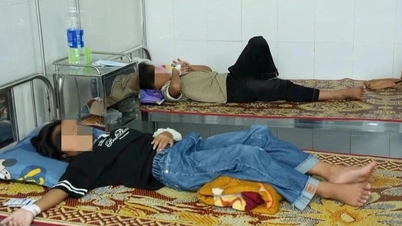



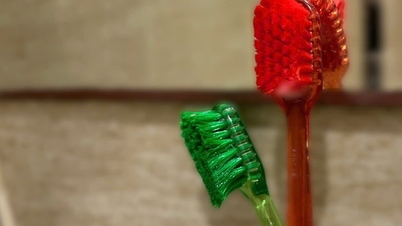

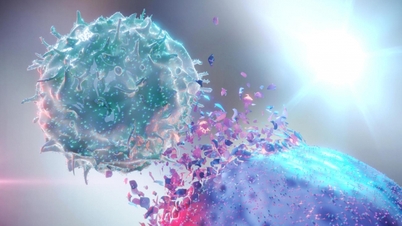

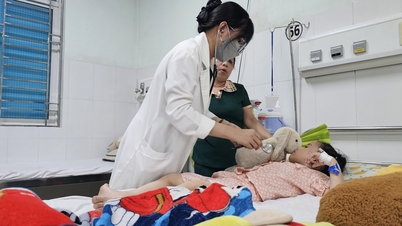
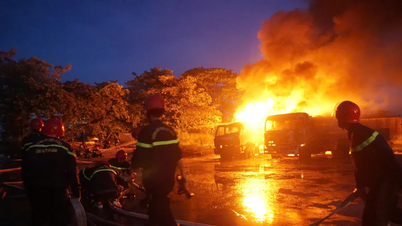
















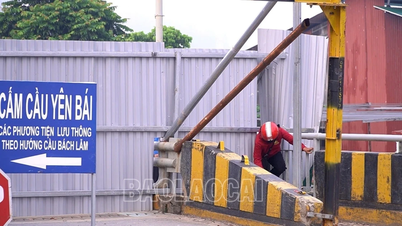


































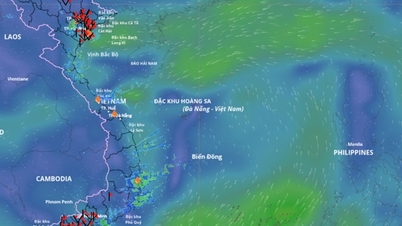















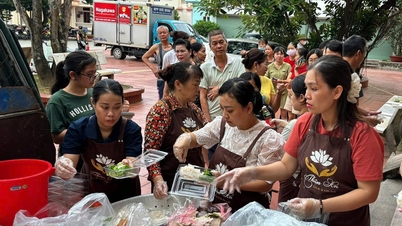



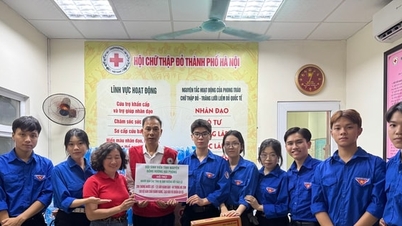
















Comment (0)